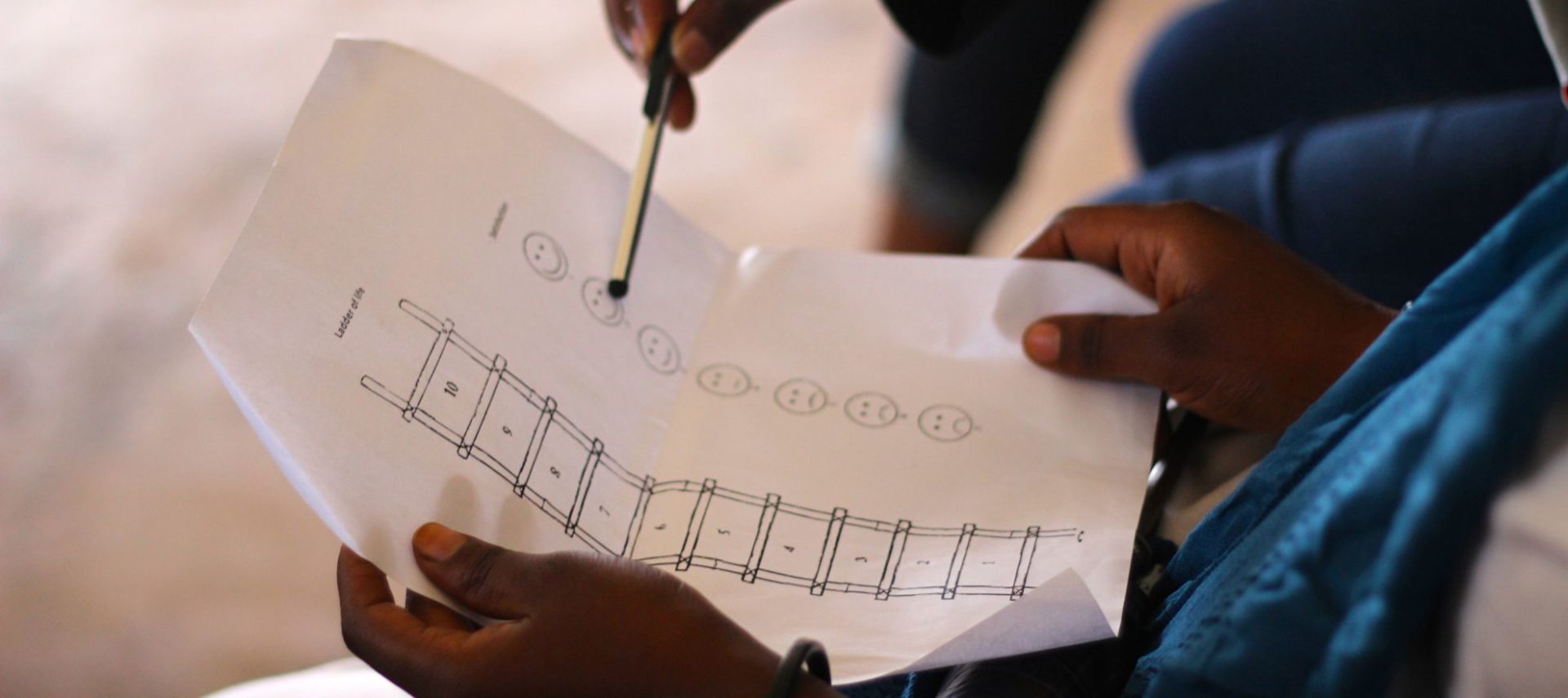Most East African countries require local ethics approvals and local research permits for socio-economic projects with survey components.
Ethics approvals look into survey instruments and protocols to examine the level of protection given to participants and to look into the risks and benefits of the research. Local research permits assess the research questions, the design of the study, potential impacts and publication plans.
Complying with these requirements demonstrates respect and adherence to local regulations, but there are also some very practical advantages. Permits often open the door for the cooperation of local authorities and create an environment where respondents feel confident, protected, and more likely to provide honest answers.
Check out our previous blog on the reasons why it’s well worth it to follow local procedures.
The requirements to obtain the approvals and permits vary by country. This post summarizes what we know about ethics approval processes in East Africa, to make it easier for researchers in the region to find the information they need to carry out research in an ethical way. We also share our tips and tricks to make the process more efficient.
Ethics approvals and research permits in Ethiopia, Kenya, Rwanda, Tanzania and Uganda – where to look
Tips and tricks for a smooth approval process
- Account for the time needed to obtain approvals in your planning. It may take some time before you receive approvals, and you will need all the necessary approvals before starting any data collection activities with respondents, including pilots and listing. So submit your proposal/request on time and account for this in your work plan.
- Take some time to review the requirements and make sure you follow the instructions exactly. This will limit the back-and-forth after the committee reviews the first draft.
- Anticipate the requirements. For instance, if the COVID-19 situation is escalating, include your COVID protocols and explain the implications for consent forms (e.g., limiting use of paper copies and accepting verbal consent).
- Proof-read your application. Ensuring that the application is well-written and clear will avoid any delays or major comments from the boards involved.
- Obtain a permit & approval in every country for a cross-country project. If a study takes place in more than one country, approvals and permits must be acquired separately in all of them.























